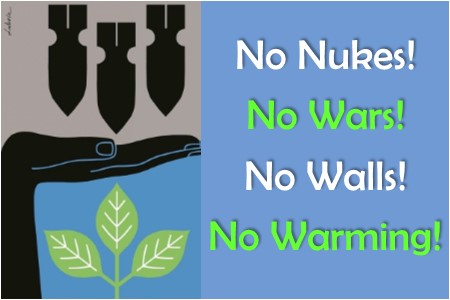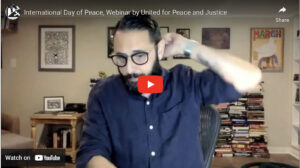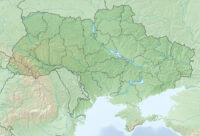On January 23, the Bulletin of the Atomic Scientists moved the metaphorical hands of the “Doomsday Clock” to 100 seconds to midnight. The Bulletin’s advisory group has been assessing the threat posed to humanity by its own activities since 1945. Until recently, that assessment focused mainly on the risk of war among nuclear-armed countries. Today it includes climate change, as its unchecked advance clearly poses a threat to our species as grave as that of nuclear weapons. The 2020 Doomsday Clock Statement warns that “Humanity continues to face two simultaneous existential dangers—nuclear war and climate change—that are compounded by a threat multiplier, cyber-enabled information warfare, that undercuts society’s ability to respond.” In the judgment of the Bulletin’s advisors, we now stand closer to catastrophe than at any previous moment in the atomic age, closer even that at the height of the Cold War.
Propaganda and information warfare erode our capacity to understand our predicament and to formulate a useful collective response to it. But climate change and the danger of nuclear war are linked in additional, more fundamental ways. Global warming is only one face of the stresses placed on global ecosystems by a way of life dominated by endless competition among huge, authoritarian organizations. The damage done to the environment, together with the depletion of easily retrievable resources, intensifies competition among countries for what’s left, contributing to the rising risk of war among nuclear-armed states. The same order of things generates increasing polarization of wealth and political power. The dual crises of war danger and the environment ultimately also are crises of democracy and justice.
With authoritarian nationalist forces ascendant in the largest economies and the most powerful nuclear-armed countries, the quest for solutions will not begin with governments. We need to build movements with enough breadth and depth to address the causes of these challenges, not just the effects. From April 24 to 26, people from around the world will gather in New York City for the World Conference 2020: Abolish Nuclear Weapons; Resist and Reverse the Climate Crisis; For Social and Economic Justice. This conference takes place the weekend before the Review Conference for the Nuclear Nonproliferation Treaty (NPT), in a year that also marks the seventy-fifth year since the U.S. atomic bombings of Hiroshima and Nagasaki, and the fiftieth year since the NPT entered into force. That treaty requires the nuclear-armed states to negotiate in good faith for the elimination of their nuclear arsenals, a promise that remains unfulfilled to this day.
The conference will bring together a diverse array of people and movements to discuss ways to build the movements we need if we are to change the dead-end course of our civilization. There will be speakers from environmental and peace movements in Europe, East and South Asia, and the Middle East, and from important initiatives here in the United States, such as the Poor People’s Campaign. A full list of speakers can be found here. Preceding The World Conference on April 24, there will be a day-long Youth Assembly. To register for the conference, click here.
Update, March 15: This event, like many others, has been cancelled due to the global health crisis. But the planning committee plans to go forward with on-line events with a lineup of activists and analysts from around the world. Keep tabs on these plans as they develop at the website World Conference 2020: Abolish Nuclear Weapons; Resist and Reverse the Climate Crisis; For Social and Economic Justice.




